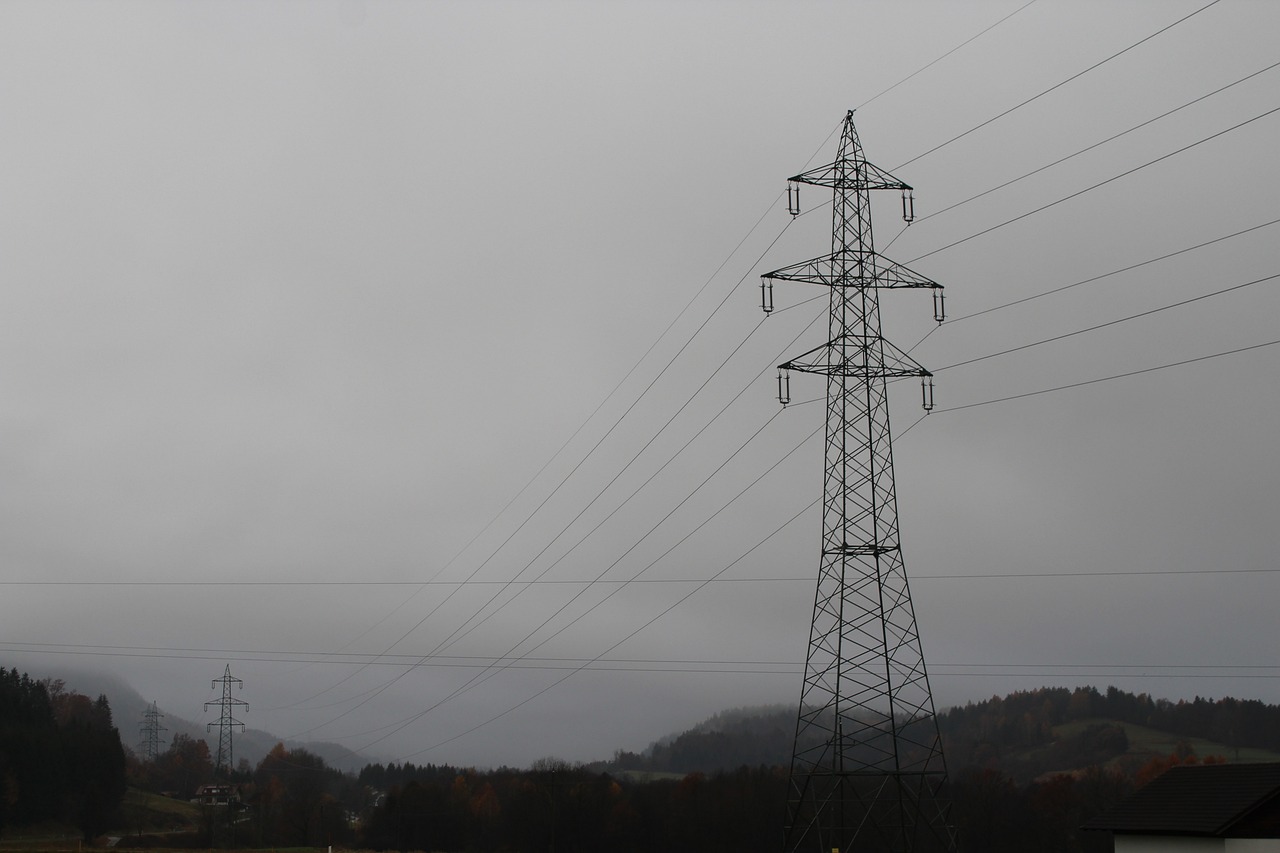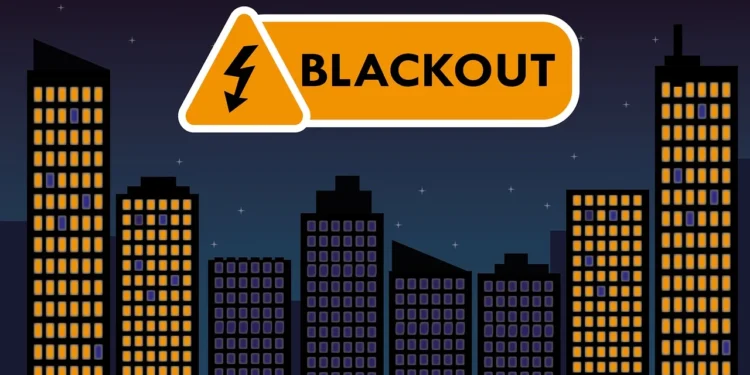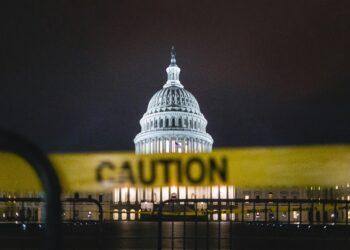Cuban authorities had said on Wednesday evening that it was generating only enough electricity to relieve about 1/6th of peak demand. The statement was made some hours after its national grid collapsed, plunging millions of residents into darkness.
By evening of Wednesday, the National Electric Union (UNE) said it was producing 533 MW of electricity but this was only just a fraction of typical dinnertime demand of between 3,000 and 3,200 megawatts, leaving a significant number of Cubans in the dark as nighttime fell across the Caribbean island.
Earlier, the communist-run government said it would make returning power to hospitals and water pumping facilities its priority at this time but schools and non-essential government services will remain closed until further notice.
It was the latest in a string of nationwide blackouts of Cuba’s antiquated and increasingly frail power generation system. This year, Cuba’s grid fell into near-total disarray, stressed by fuel shortages, natural disaster and economic crisis.

The ever reducing oil imports from Venezuela, Russia and Mexico have pushed the island’s decrepit and struggling oil-fired power plants into full crisis several months ago.
Nowadays, its hours-long rolling blackouts, severe food shortages and medicine and water scarcity that have made life increasingly unbearable for a lot of Cubans, who in recent years have fled the island in their record-breaking numbers.
Cuba is already blaming the crisis on U.S. sanctions, which complicate financial transactions and the purchase of fuel.
The Wednesday morning blackout was reportd to have been triggered by a failure at the Antonio Guiteras power plant in Matanzas – the island’s top electricity producer, which shut down at around 2 a.m. local time.
To further complicate tge issue, several other major power plants were undergoing maintenance and were offline at the time when the Matanzas plant failed, depriving the grid of electricity and leading to the nationwide collapse, the energy minister reported.
Just last week, Cuba`s government issued a decree calling for state and private businesses to generate more of their own electricity from renewable resources.
The regulations also require businesses to reduce their use of air conditioning, among other measures, as the country battles with the increasingly alarming energy crisis.

















